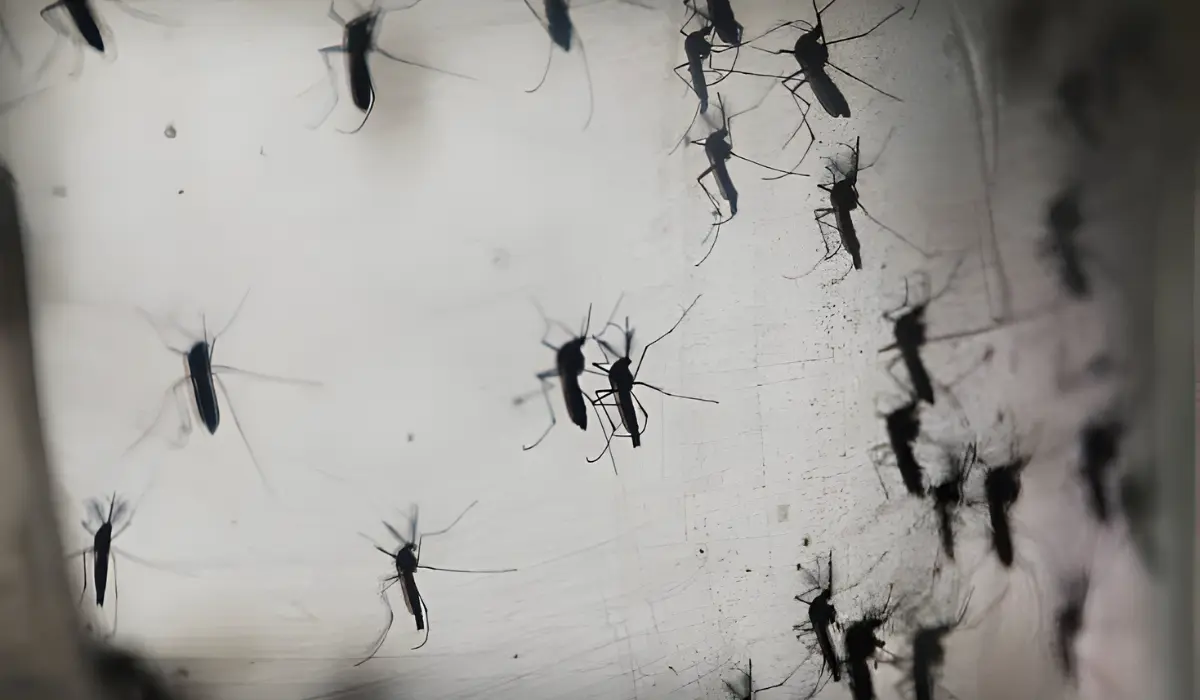Dr. Anthony Fauci’s recent battle with West Nile virus has put a spotlight on the risks posed by mosquitoes in the Washington, D.C. area. Fauci, the former director of the National Institute of Allergy and Infectious Diseases, experienced severe symptoms from the mosquito-borne illness, which has drawn attention to the growing concerns about West Nile and other mosquito-borne diseases in the region. Here’s what you should know about the risks and how to protect yourself.
The Rise Of West Nile Virus In The D.C. Region
West Nile virus has been a concern in the D.C. area since its first detection in the U.S. in 1999. While most people who contract the virus experience mild or no symptoms, it can lead to more severe illness in some cases. Dr. Fauci’s hospitalization has brought renewed focus on the presence of West Nile in the region.

The virus is transmitted to humans through mosquito bites, with the insects picking up the virus after feeding on infected birds. Recent data indicates that West Nile is the most common mosquito-borne illness in the U.S., and it is particularly prevalent in the D.C. area. Maryland, Virginia, and Washington, D.C. have all reported cases this summer. Maryland has confirmed its first case of the year, while Virginia has reported several, and the District is investigating potential cases.
Is The Risk Greater This Year?
Each mosquito season varies, and factors such as weather can influence the spread of West Nile virus. This year, a mild winter followed by a hotter-than-average summer may have created ideal conditions for mosquito activity and virus transmission. Experts monitor environmental conditions and mosquito populations to predict the potential for increased risk.
Though West Nile virus is most active from July through September, the risk is heightened this year due to the warm and humid conditions. While serious cases are still relatively rare, the possibility of an uptick in cases remains a concern, particularly with the recent reports from various states.
How To Protect Yourself From Mosquito-Borne Illnesses?
To minimize the risk of contracting West Nile virus and other mosquito-borne diseases, it’s essential to take preventive measures. Mosquitoes breed in standing water, so removing potential breeding sites around your home is crucial. This includes emptying containers such as buckets, birdbaths, and potted plant trays regularly.
In addition to eliminating breeding grounds, personal protection is key. Public health officials recommend using insect repellents registered with the Environmental Protection Agency (EPA). Wearing long sleeves, pants, and avoiding outdoor activities during peak mosquito activity times, such as dusk and dawn, can also reduce the risk of bites.
For those living in urban areas, where mosquito breeding sites can be more common, it’s especially important to be vigilant. Installing or repairing screens on windows and doors can help keep mosquitoes out of the home.
Understanding The Symptoms And Risks
West Nile virus often goes unnoticed as many individuals do not show symptoms. For those who do experience symptoms, common signs include fever, headache, body aches, and nausea. In rarer cases, the virus can cause severe neurological conditions like encephalitis or meningitis, which require immediate medical attention.
Older adults and people with certain health conditions are at higher risk for severe outcomes. While there is no vaccine for West Nile virus, awareness and preventive measures can significantly reduce the likelihood of severe illness.
Conclusion
Dr. Fauci’s recent illness with West Nile virus serves as a stark reminder of the risks posed by mosquitoes. As the D.C. region continues to experience a warm and humid summer, it’s important to stay informed about the risks and take proactive steps to protect yourself and your family. By managing mosquito breeding sites and using personal protection, you can help reduce your risk of mosquito-borne diseases.

